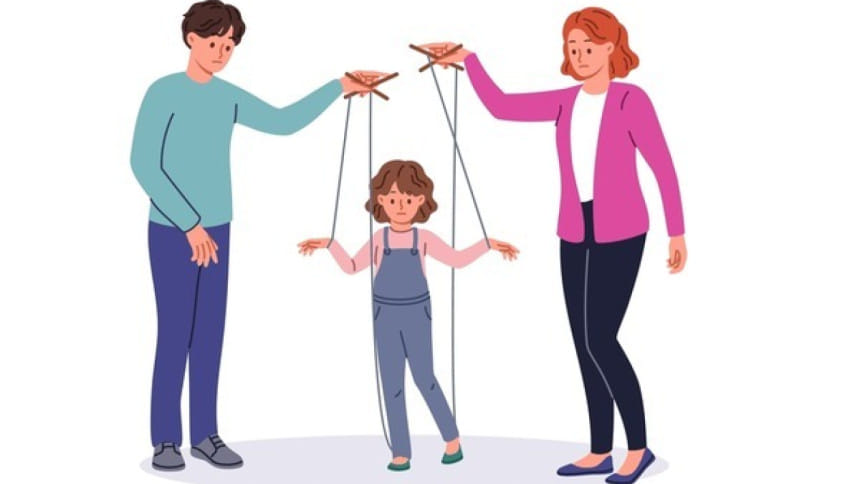Troubled parents, troubled children

Parenting is one of life's most powerful responsibilities. It is not just about raising kids—it is about shaping the next generation. Research in behavioural genetics and developmental psychology shows that while genetics accounts for about 40–50% of differences in traits like temperament and intelligence, the rest is shaped mainly by environmental factors, particularly the home. Other key influences include friendships, access to education, and connection with nature—elements of the broader social and ecological systems that shape a child's life.
Parents are a child's first and most lasting environment. The way they express love, set boundaries, and manage emotions teaches children how to understand relationships, self-worth, and safety. Between the ages of 4 and 16, children go through critical developmental changes that shape how they think, feel, and interpret the world. These years build the foundation for emotional regulation, confidence, and core beliefs.
When parents struggle with unresolved emotional pain—chronic stress, trauma, or neglect—those wounds can silently ripple into a child's life. As Dr Bruce Perry emphasises, early experiences do not just affect feelings—they shape brain development. A home filled with fear or criticism can leave lifelong scars.
Research shows that harsh parenting—yelling, scolding, or physical punishment—can harm a child's emotional well-being. Such children may grow up anxious, withdrawn, or insecure. However, this is not about blaming parents—it is about awareness. Children do not need perfect parents; they need present, caring ones. Even imperfect efforts at consistency, listening, and love can heal and shape resilient adults.
E-mail: [email protected]

 For all latest news, follow The Daily Star's Google News channel.
For all latest news, follow The Daily Star's Google News channel. 



Comments